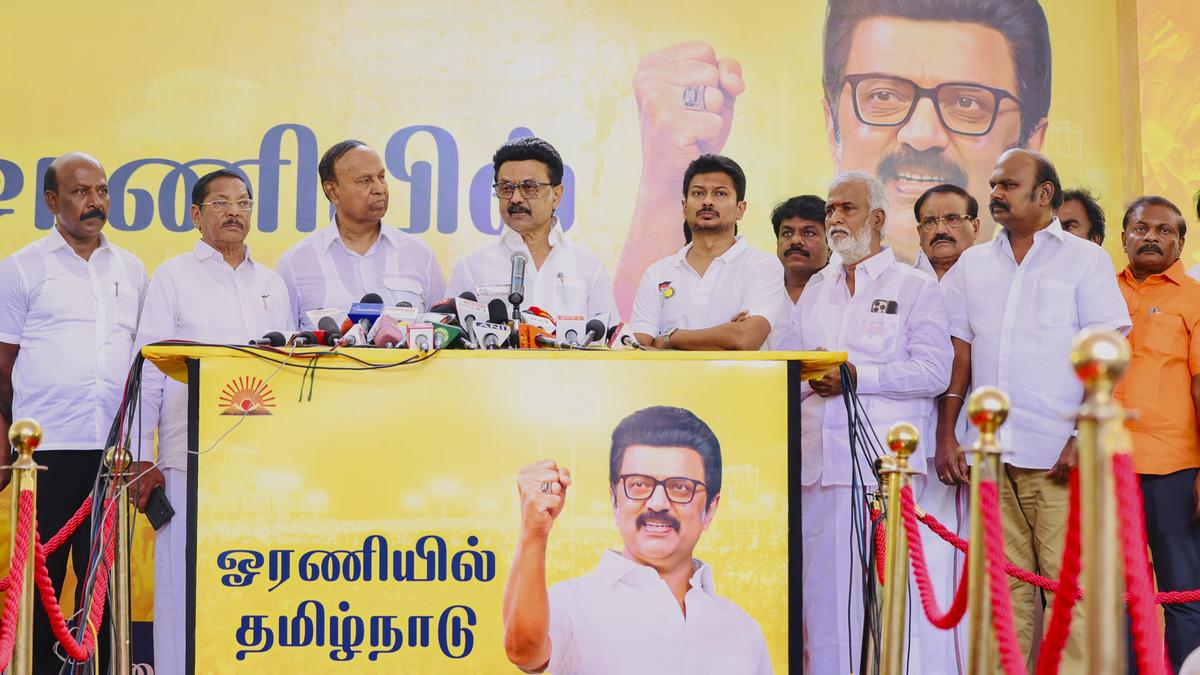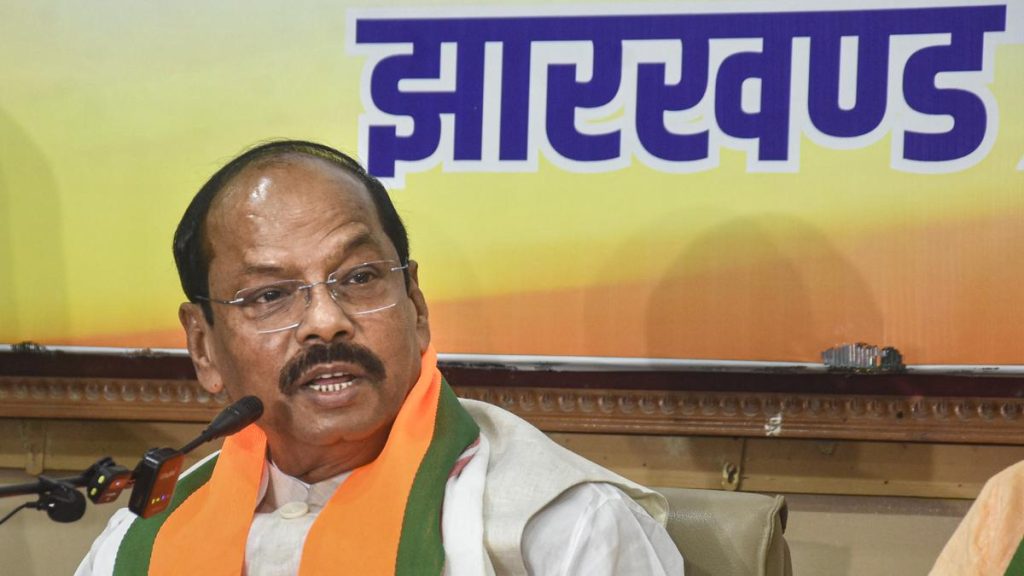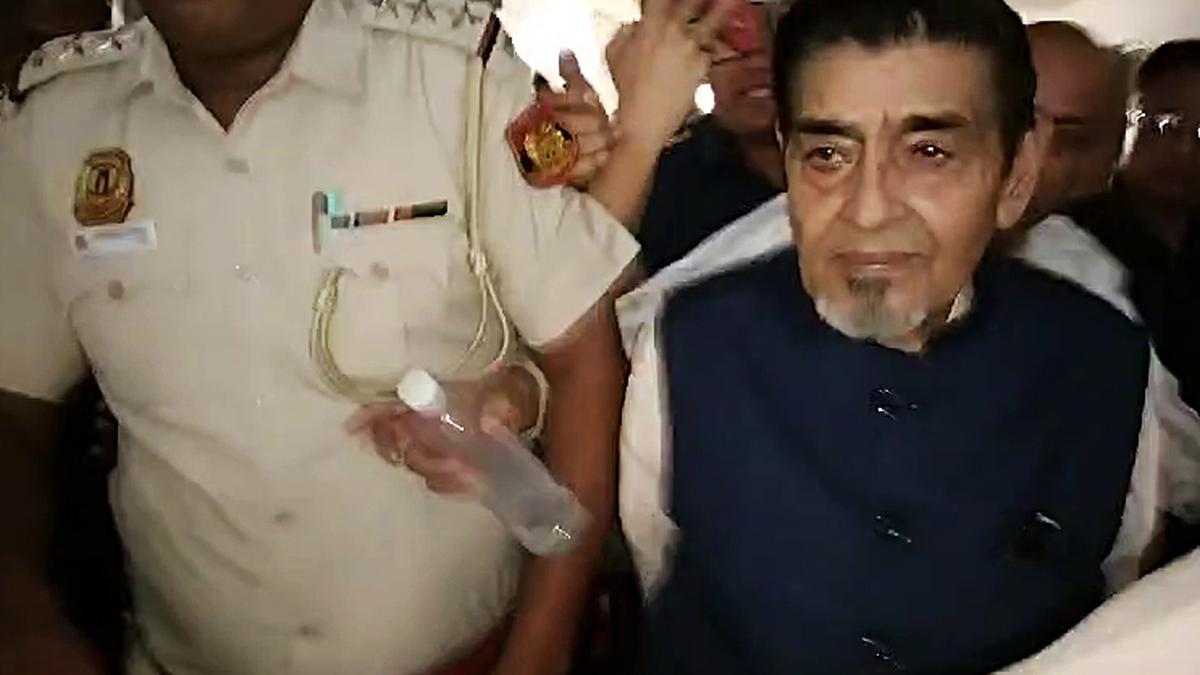Now Reading: Shifting Political Dynamics in Tamil Nadu
-
01
Shifting Political Dynamics in Tamil Nadu
Shifting Political Dynamics in Tamil Nadu

Swift Summary:
- Tamil Nadu Assembly elections are expected within a year, amidst its goal of advancing to an upper-middle-income economy.
- Historically defined by its Dravidian political identity, the State faces challenges from economic upheavals and central government policies.
- The DMK and AIADMK represent two distinct strands of Dravidian politics: DMK’s focus on social justice and federalism vs. AIADMK’s welfare-oriented populism led by charismatic figures.
- Tamil Nadu’s Dravidian model has driven industrialisation and welfare but struggles with quality issues in education, employment, environmental sustainability, and caste discrimination.
- Rising BJP influence disrupts conventional binary alliances; BJP strategically aims to fracture the AIADMK base while allying with it opportunistically against the DMK-led alliance.
- Emerging forces like actor vijay’s TVK mimic populist models; Seeman’s NTK emphasizes Tamil nationalism outside Dravidian narratives-contributing to political fragmentation affecting governance goals such as innovation-driven economies and inclusivity frameworks.
- Amid growing fiscal centralisation by the centre, Tamil nadu demonstrates strong manufacturing output (11.9% contribution to national GDP) yet faces reduced fiscal autonomy due to GST reforms and refusal of funds for Opposition-led States.
Indian Opinion Analysis:
Tamil Nadu stands at a crossroads between economic aspirations and preserving its unique sociopolitical identity characterized by progressive governance underpinned by robust civil society mechanisms. While growth indicators such as SGST revenue rise promisingly (₹35,414 crore in H1 2024-25), threats posed by fragmented politics jeopardize achieving broader goals essential for escaping middle-income traps-such as high-value manufacturing diversification supported thru research investments.
The dynamics between regional conflicts and central fiscal policies highlight unresolved tensions within Indian federalism that may impact broader governance solutions nationally if tamil nadu cannot build coalitions among similarly affected states or foster discourse around equitable decentralization practices via ideological alignments like those under DMK alliances nationally emphasizing Dalit inclusion alongside worker/environmental interests locally prioritizing innovation/export-transition needs.

























